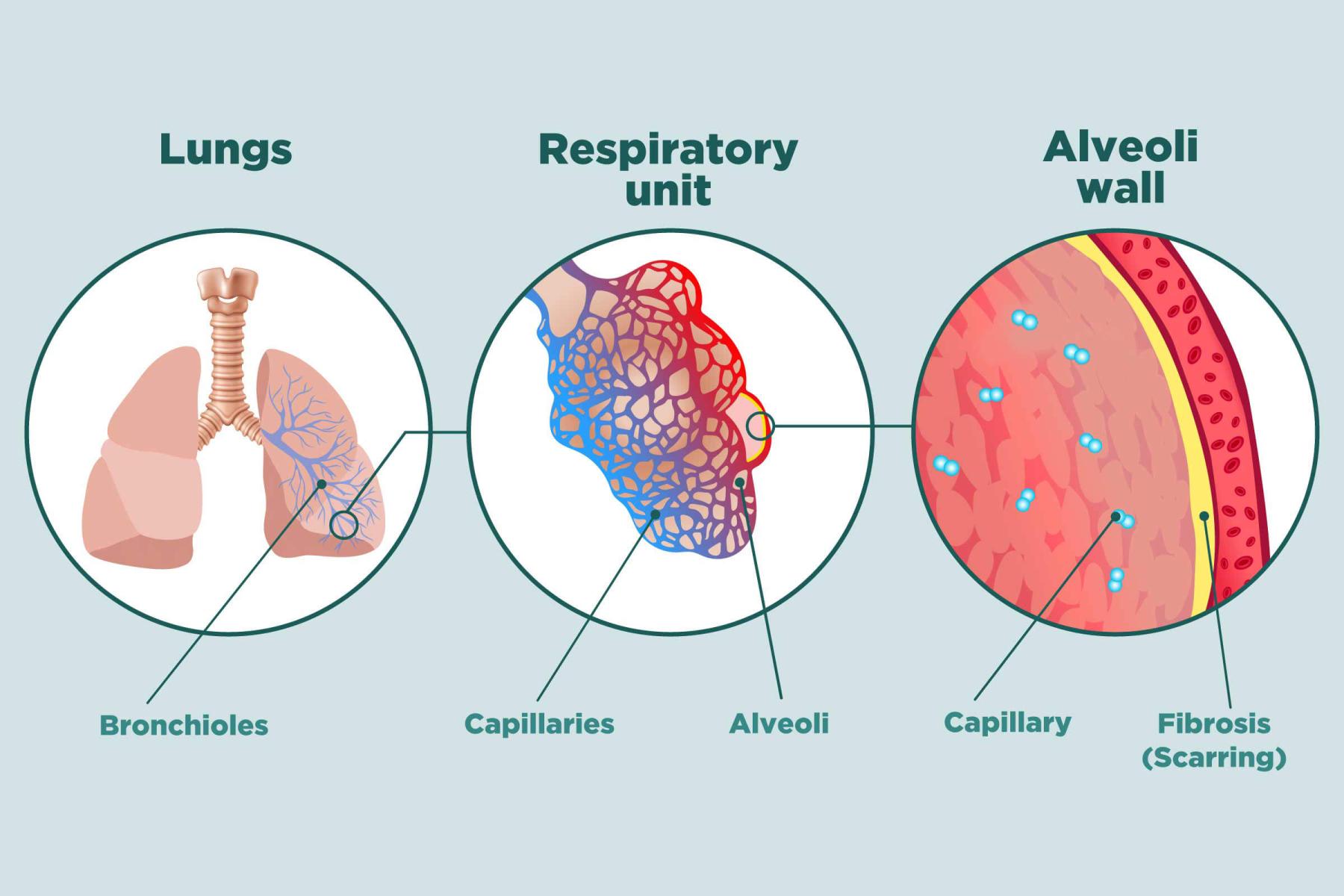Pulmonary Fibrosis Treatment: Strategies to Manage and Improve Lung Function
Understanding and Addressing Pulmonary Fibrosis through Various Treatment Approaches
Pulmonary fibrosis is a progressive lung disease that involves the formation of scar tissue within the lungs, leading to impaired lung function and breathing difficulties. While there is no known cure for pulmonary fibrosis, various treatment options are available to manage symptoms, slow down disease progression, and improve the overall quality of life for individuals affected by this condition.
 Medication-based Treatment
Medication-based Treatment
Medications play a crucial role in the management of pulmonary fibrosis. Physicians may prescribe certain drugs to reduce inflammation in the lungs and slow down the progression of the disease. Corticosteroids, such as prednisone, and immunosuppressants, like azathioprine or mycophenolate, are commonly used to suppress the immune system and prevent further lung damage. Additionally, antifibrotic medications, such as pirfenidone and nintedanib, have shown effectiveness in slowing down the scarring process and preserving lung function.
Pulmonary Rehabilitation
Pulmonary rehabilitation programs are tailored to improve the physical and emotional well-being of individuals with pulmonary fibrosis. These programs typically involve a combination of exercise training, breathing techniques, and education on managing symptoms and conserving energy. Through pulmonary rehabilitation, patients can enhance their exercise capacity, reduce breathlessness, and learn effective coping strategies for everyday activities.
Oxygen Therapy
Oxygen therapy is often recommended to individuals with pulmonary fibrosis who experience low levels of oxygen in their blood. Supplemental oxygen can help alleviate breathlessness and improve oxygen saturation, enabling patients to engage in daily activities with greater ease. Oxygen therapy may be administered through nasal prongs, masks, or portable devices, depending on the individual's needs.
Lung Transplantation
In severe cases of pulmonary fibrosis, where conservative treatment measures are insufficient, lung transplantation may be considered. Lung transplantation involves replacing the damaged lungs with healthy donor lungs. This procedure can significantly improve lung function and quality of life for carefully selected candidates. However, lung transplantation carries certain risks and requires a thorough evaluation process to determine eligibility.
What is pulmonary fibrosis?
Pulmonary fibrosis is a progressive lung disease characterized by scarring of the lung tissues, leading to impaired lung function.
Can pulmonary fibrosis be cured?
There is currently no cure for pulmonary fibrosis, but various treatment options can help manage symptoms and slow down disease progression.
What are the common medications used for pulmonary fibrosis?
Medications such as corticosteroids, immunosuppressants, and antifibrotics are commonly prescribed to manage pulmonary fibrosis and reduce lung inflammation.
What is the role of pulmonary rehabilitation in treating pulmonary fibrosis?
Pulmonary rehabilitation programs aim to improve physical well-being through exercise training, breathing techniques, and education, helping individuals with pulmonary fibrosis enhance their exercise capacity and manage symptoms.
When is lung transplantation considered for pulmonary fibrosis patients?
Lung transplantation may be considered for severe cases of pulmonary fibrosis that do not respond to conservative treatments, offering the potential for improved lung function and quality of life.
What is the success rate of Pulmonary Fibrosis Treatment?
The success of pulmonary fibrosis treatment varies depending on individual factors, disease progression, and treatment approaches. While treatment can help manage symptoms and slow down disease progression, the ultimate goal is to improve quality of life and preserve lung function.
We are associated with experienced and highly skilled medical professionals. We use the latest medical technology available in the world and we provide medical services in collaboration with JCI & NABH Certified hospitals only. Our services include various types of treatment and organ restructuring and transplant.
